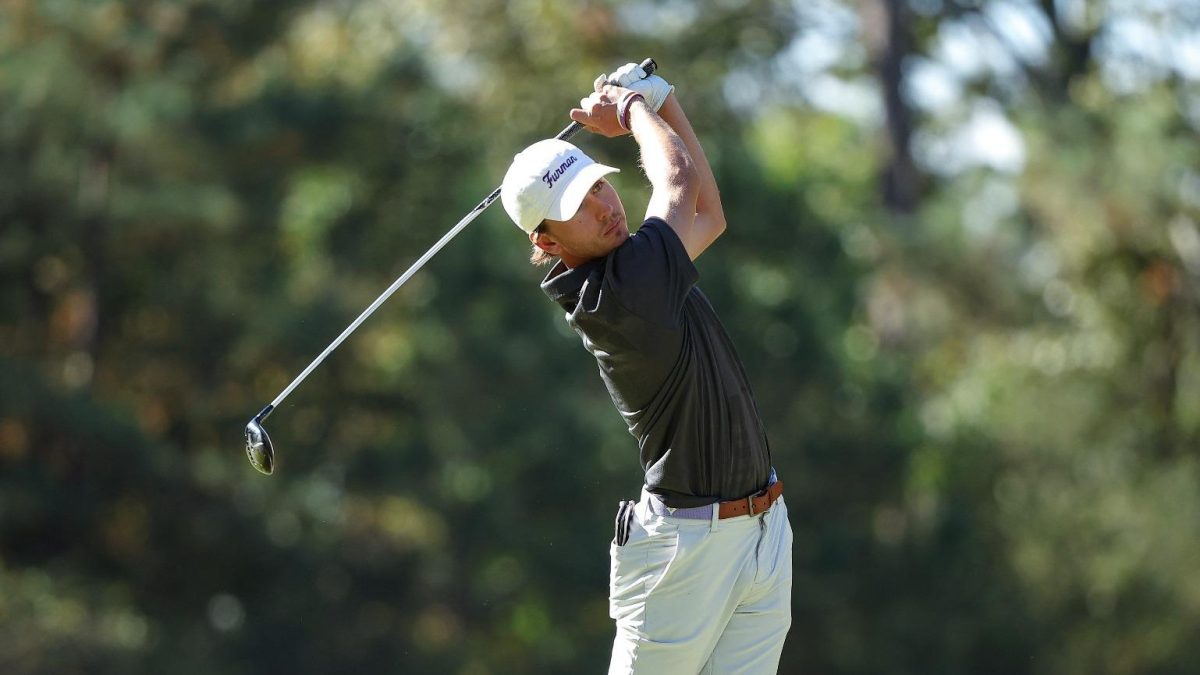As the college football season quickly approaches, many of us are getting ready for weekend tailgate parties, the excitement of old school rivalry games, and the “all-important” BCS standings (released every Sunday night on ESPN).
While I – and many others – definitely have an opinion on the BCS (Bowl Championship Series) selection system, many of us die-hard college football fans have been focusing our attention on another pertinent issue: the recent slew of NCAA violations that have come to the fore.
For those of you who haven’t heard, a lot of big name colleges have been getting in trouble for breaking NCAA rules by giving money, gifts, and other lavish (and prohibited) benefits to their football players.
The University of Miami is the most recently accused university; and as of right now, it is important to note that Nevin Shapiro’s allegations are just that – allegations. Still, the already-published evidence against the ‘Canes seems substantial. Numerous pictures of past and recent football stars on Shapiro’s yacht and in night clubs surrounded by women finally answer the ever-elusive question (enter sarcasm) of where those U players get their infamous ”swag.”
Then there’s the great Jim Tressel who, as it turns out, lied about his knowledge of violations that have been traced back as far as the Buckeyes’ 2002 championship season. Indeed, Ohio State players traded jerseys, championship rings, signed memorabilia and other items in exchange for tattoos while Tressel was at the helm.
From Reggie Bush to Cam Newton, it seems like everywhere the NCAA sniffs, crooked business has indeed been going on.
This is certainly not a football-specific problem; other sports – big and small, from basketball to volleyball – are dealing with the same issue. Perhaps it is the magnitude of the effects that these violations have had on the college football scene that make them so controversial and news-worthy.
It all goes back to the age-old issue of whether or not players, who raise (in many instances) millions upon millions of dollars for their schools when they play excellent football, should receive compensation for their performances. In a way, I kind of see their point. After all, they are making the school insane amounts of money, not to mention all of the publicity.
However, the moment that a player accepts goods or money in exchange for his performance, does he not forfeit his amateur status? And isn’t it the point (and part of the charm) of college sports that players aren’t professional?
Even if (and this is improbable) the NCAA decided to allow football players to accept monetary benefits, one can only imagine the chaos that would ensue. Poorer schools that couldn’t afford to spend as much on players would never be able to field competitive teams. This very point was made by many in response to Steve Spurrier’s wish to pay 70 players $300 per game. “I just wish there was a way to give our players a piece of the pie,” he said. But what would the Ol’ Head Ball coach have the other coaches do, who don’t rake in $2,800,000 a year?
And who’s to say that players would even be content with just a little more money? What would their next demands be? Would the quarterback claim he’s owed more than an offensive lineman?
See, it’s a slippery slope. Still, many don’t deny the basic sentiment Spurrier expressed: players seemingly deserve a piece of the multi-million dollar pie that they play a huge role in producing.
This obviously doesn’t apply to all college football players, but I’d be willing to bet that many don’t see free classes and DH meals as adequate payment. If you have no plans on using a degree (i.e., you want to go pro), what value does it hold for you?
Unfortunately, there isn’t a minor league football system. With baseball, for example, players can be drafted right out of high school and spend a few years getting paid in the minors system before making the big bucks in the show
Football players aren’t draft eligible until their sophomore year in college. So for the best of them, college is merely a stepping stone on the path to NFL greatness. And they’d rather be paid for entertaining us on those crisp fall weekends while we tailgate and exchange playful banter about old rivalries than for earning a degree in rocket science.



























